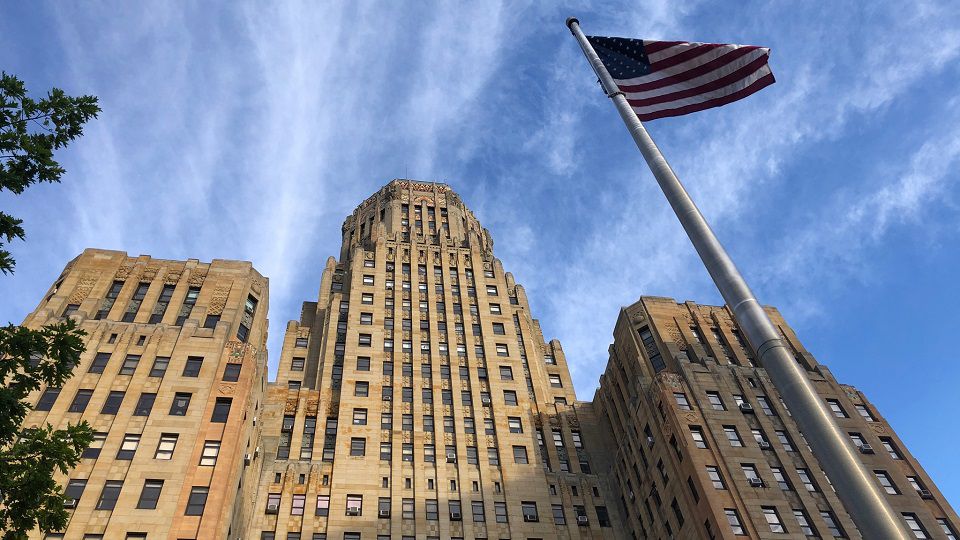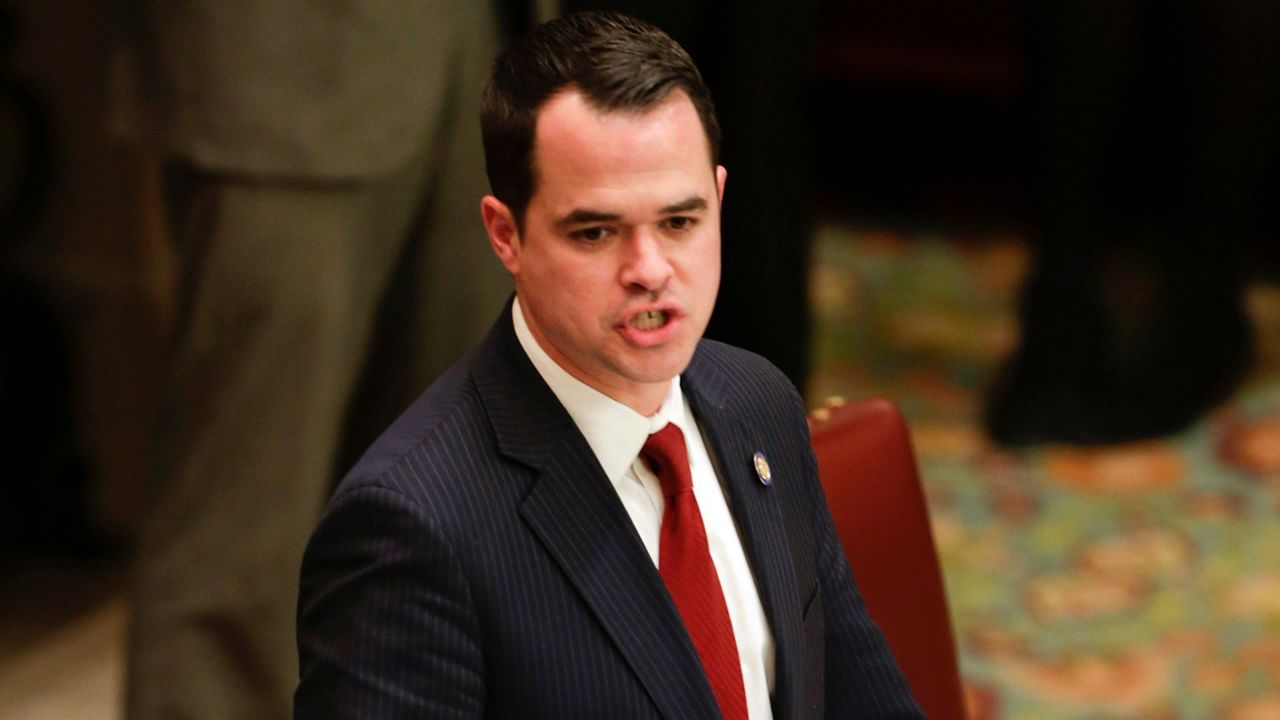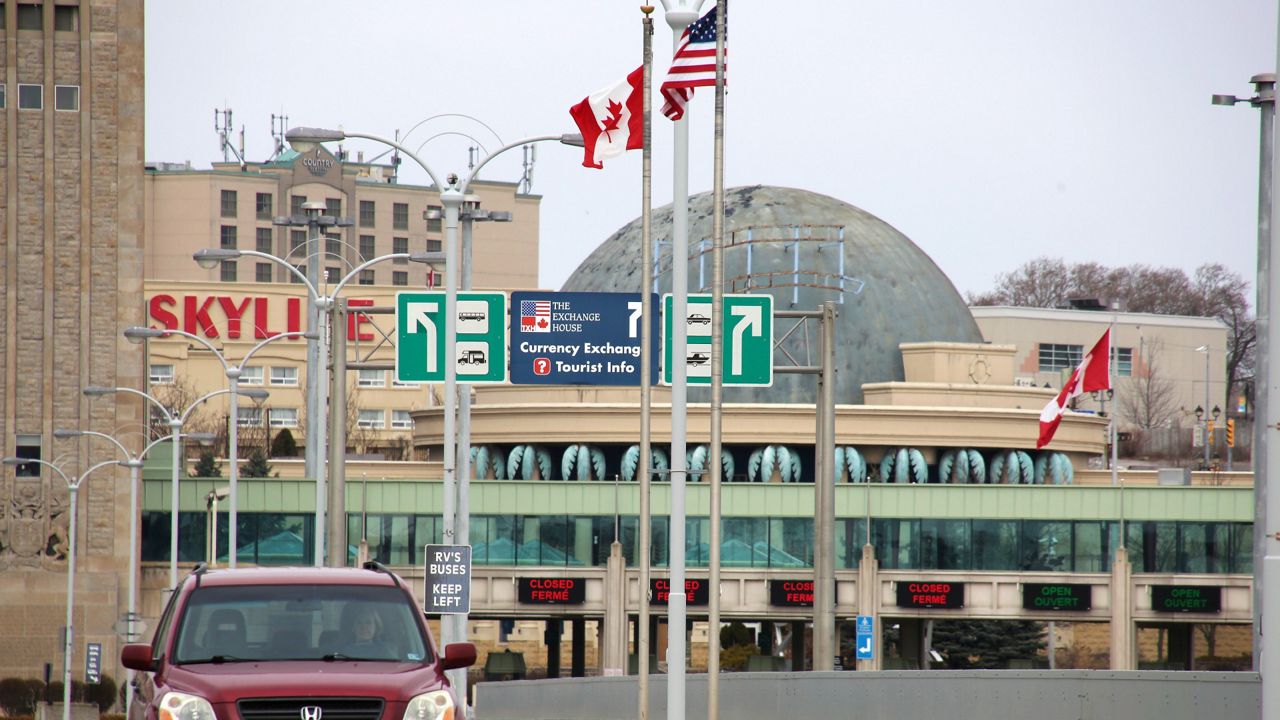BUFFALO, N.Y. -- Roxham Road is an unofficial border crossing in New York's North Country where migrants have been entering Canada illegally for years but then allowed to stay while pursuing asylum.
On Friday, the U.S. and Canada announced a new policy allowing them to send anybody back across the border caught within 14 day of their crossing.
"Today's announcement, I don't think, really impacts our region as much because we here have official border crossing areas and that's where most people cross," International Institute of Buffalo Executive Jennifer Rizzo Choi said.
State Sen. Sean Ryan also expects the impact on Western New York to be minimal.
"The refugees coming into Western New York, they come through a Department of State resettlement program where they're coming from a third party country so the things you're seeing in Northern New York have really no impact on the refugee community here in Western New York," he said.
However, at Jericho Road's Vive house in Buffalo, the largest and one of the longest-standing refugee shelters in the United States, people are bracing for a pretty big impact.
"We are devastated. We're scared of what it means for our families here," director Matt Tice said.
Tice said Canada is the final destination for roughly 80% of the asylum seekers who come through the shelter. Because refugees are supposed to apply for asylum in the first country they land, they are generally turned back from official border crossings with few exceptions.
Tice said roughly half the people at the shelter had no other option but to go through an irregular crossing.
"There are families here right now that that that was their goal and their intention. They had community members and friends that were there in Canada they were hoping to be reunited with and that's impossible for them now," he said.
As part of the agreement, Canada will also allow 15,000 refugees to apply for asylum.
"Fifteen thousand sounds like a large number, but Vive alone served 2,500 people, this small shelter last year," Tice said.
He said migrants are also concerned because of a belief new federal rules in the pipeline will be more restrictive and make it more difficult to get asylum approved. Some immigration agencies meanwhile are pushing for a one-year humanitarian parole which would allow refugees to work while they wait on the system rather than rely on charity and public funds.










